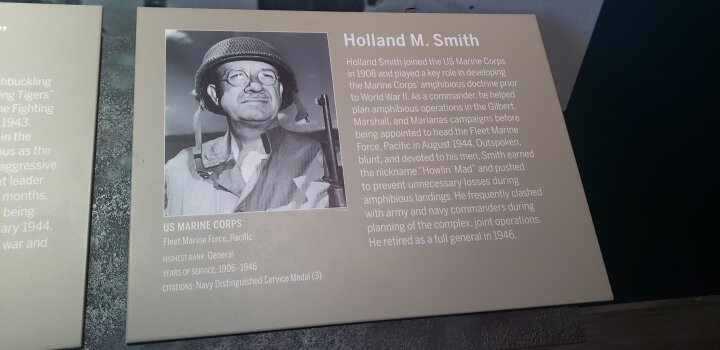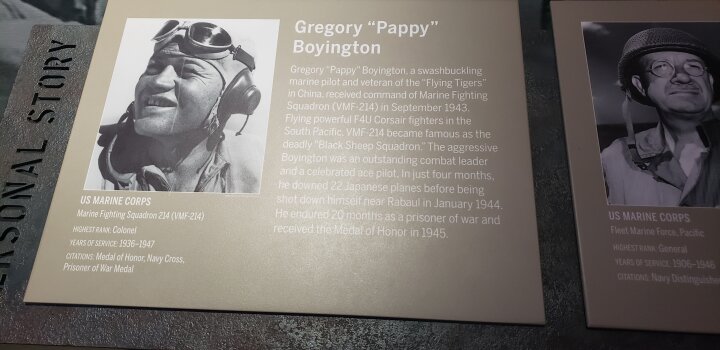What stories from WWII are you impressed by?
There are many of them.
I recently read the story of Fritz Christen, a German soldier belonging to the Totenkopf division of the Waffen-SS. He had a good impression of Hitler because he helped many Germans, including his family, get out of poverty. He voluntarily joined the Hitler youth and later the combat branch of the SS. Fritz was one of three million troops sent into the Soviet Union in June 1941. His unit made their way to Novgorod oblast, Russia.
In September 1941, north of the village Luzhno, he had the task of fighting, alone, against the Soviets for three days.
I recently read the story of Fritz Christen, a German soldier belonging to the Totenkopf division of the Waffen-SS. He had a good impression of Hitler because he helped many Germans, including his family, get out of poverty. He voluntarily joined the Hitler youth and later the combat branch of the SS. Fritz was one of three million troops sent into the Soviet Union in June 1941. His unit made their way to Novgorod oblast, Russia.
In September 1941, north of the village Luzhno, he had the task of fighting, alone, against the Soviets for three days.
On September 21, German intelligence advised that a major Soviet offensive was headed their way. Soviet forces had been probing the Totenkopf with tentative attacks that were becoming more vicious. Christen’s unit dug themselves into the woods outside the village of Luzhno, preparing for their turn. It came on the morning of September 24. Christen was in charge of a 50mm anti-tank gun set on the forest’s edge to the north of Luzhno, guarding a clearing to the east. He later claimed the cold worried the soldiers more than the advancing Soviets did, and they were confident of a quick win.
As dawn broke, their confidence fell as they saw the approaching Russian forces. A line of Soviet medium T-34-85 tanks was rolling their way. Behind them followed a large infantry force to pick off what the tanks did not. Before the sun had fully risen, the Soviet tanks began their barrage. With only trees and dugouts to protect them, Christen’s group were sitting ducks. What the tanks did not pulverize, the infantry did. Christen fired with his anti-tank gun as men fell around him. He had destroyed five or six tanks when there was a lull in the fighting. However, the Soviets were not retreating; they were regrouping.
Christen called out soldiers’ names, but there was no response. Everyone else was either dead or severely wounded. He was the only one left to fight. As the Soviets were not attacking him, the lone German began desperately digging a trench around his anti-tank weapon. He vaguely wondered why no one took potshots at him. When evening fell, the attack resumed. Trees shattered around him. Wood and metal fragments tore into the flesh of his injured comrades. Christen hugged the ground. When the firing finally stopped, he heaved a sigh of relief. Then he heard the sound of many boots heading his way. It was the Soviet infantry.
The former Hitler youth opened fire. To his surprise, they retreated, probably thinking he was not alone. When darkness fell, he expected another attack, but none came. He used the time to hunt around for ammo and gathered it in his trench. He looked for food and water but could not find any. He tried to sleep but sporadic fire throughout the night forced him to shoot back. Before dawn, the Soviets attacked with a barrage from several tanks. He responded by destroying seven tanks, forcing the others to retreat. Left alone for the rest of the day, he again looked for food or water but to no avail.
The firing began again that evening. Christen ran back and forth across his line manning different weapons. At one point, he partially dismantled his anti-tank gun, dragged it several meters, propped it up with a log, and then fired at incoming tanks. He kept it up throughout the next day, despite his hunger and thirst, made worse by the cold. On September 27, Christen knew he could not hold out. His ammo was finished. All he had left was a pistol taken from his officer’s corpse. The morning stretched on, but there was no attack. That changed at noon. A much larger force was headed his way, so Christen prepared. He wondered if he should save the last bullet for himself. Then he heard the soldiers speak. They were German! Despite having no food and water for almost three days, he had killed over 100 soldiers and destroyed 13 tanks on his own.
Hitler was so impressed he awarded Christen the Iron Cross; Germany’s highest military award on October 21. He was the first and youngest Waffen-SS to receive one.

















